Singapore has a love–love relationship with food. From its hawker markets to its cafes and Michelin-star rated restaurants, it’s a haven for every kind of cuisine.
Those who visit the city-state will discover a genuine passion for food, from preparation to presentation, representing the rich cultural diversity of the nation. But the huge range of foods available is only due to an extensive network behind the scenes that the consumer often never sees, with a whopping 90 percent of Singapore’s food being imported. This puts the onus of quality on those responsible for bringing home the bacon, so to speak.
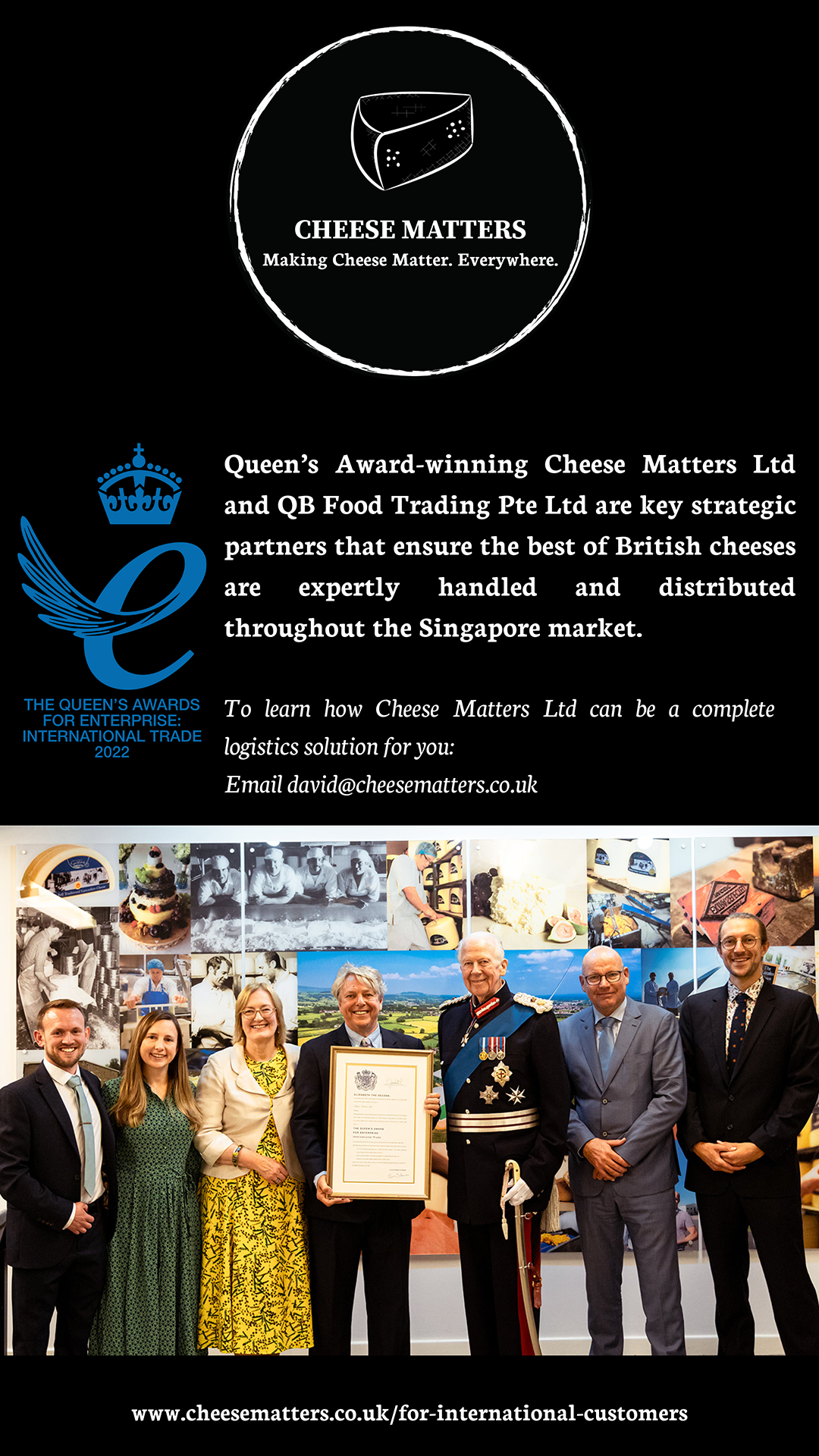
Advertisement
It’s just as well, then, that one of the leading names in Singapore’s food import space is QB Food, a company with a deep love of food and nearly 50 years of experience in the field. Since 1979, QB Food has marched to the top armed with a firm dedication to providing customers with quality food at the right price.
This mission was galvanized in 2015, when QB Food was acquired by Johnsonville, making it an integral part of the American sausage giant’s footprint in Asia. This has led QB Food on a transformative journey, expertly guided by Singapore General Manager Evelyn Ler.
“QB Food is a leading distribution and food processing company. We house and partner with more than 20 brands,” she says.
With Ler’s two decades of experience in a range of management roles in other fast-moving consumer goods companies like PepsiCo, Unilever and Nestlé, she was the perfect choice to drive the change management initiatives required.
“Johnsonville saw a huge opportunity in this part of the world, and QB Food was the right way to make that happen.”
A Common Goal
Johnsonville’s bread and butter has primarily been sausages, but QB Food’s capabilities went far beyond that, allowing the American company to step into new territories.
“We’re the biggest cheese importer in Singapore,” Ler says.
Under the QB Food model, cheeses are brought into Singapore in bulk from overseas entities, cut into individual portions and sold under in-house brand names through retail partners.
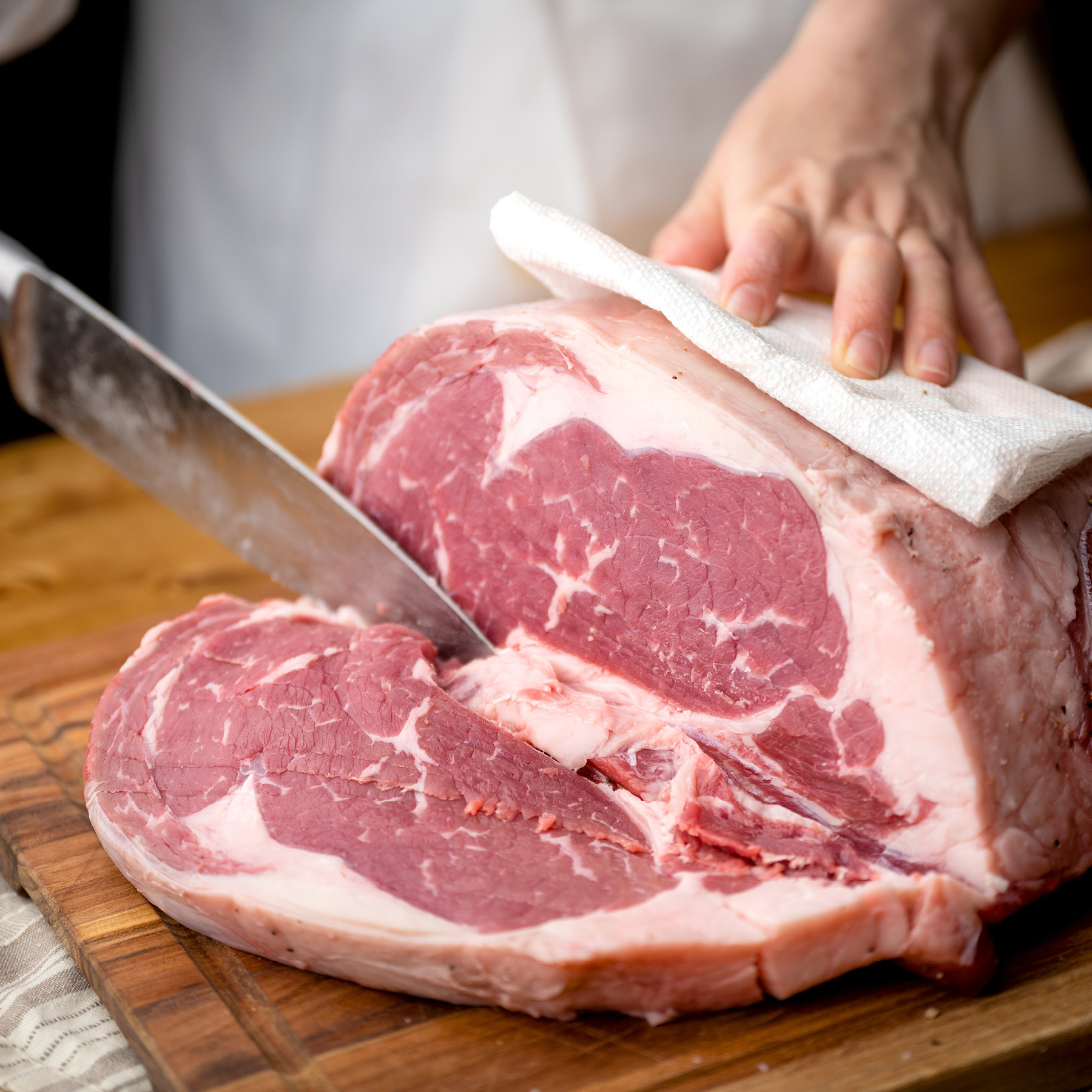
“Adaptability is key to our success.”
It’s a similar process with meats; American brand Jack Link’s is a popular stablemate, with its trademark jerky sitting alongside Johnsonville sausages and QB Food’s own brands on Singaporean supermarket shelves.
“We cut and process imported meats at our plant in Singapore,” Ler says. “And then we sell our own brands, including Johnsonville sausages, both online and offline, and to the food service industry.
“We’re basically multichannel. If you look at the industry in Singapore, there aren’t too many professionally managed distribution houses, so it made sense for Johnsonville to take on QB Food and develop into a company that wants to bring outside brands to Singapore and beyond.”
Serving Up Quality
Ler’s vision for the future of the Johnsonville-backed QB Food is a muscular import/export business that can take its brands to distant shores.
“There’s a huge opportunity for us to continue to solidify our cheese position in Singapore and greater Asia,” she says.
“There are such great costs associated with importing cheese, for instance, direct from manufacturers in the United States to China. The logistics are prohibitively expensive. But we could potentially be a bigger exporter beyond Singapore.”
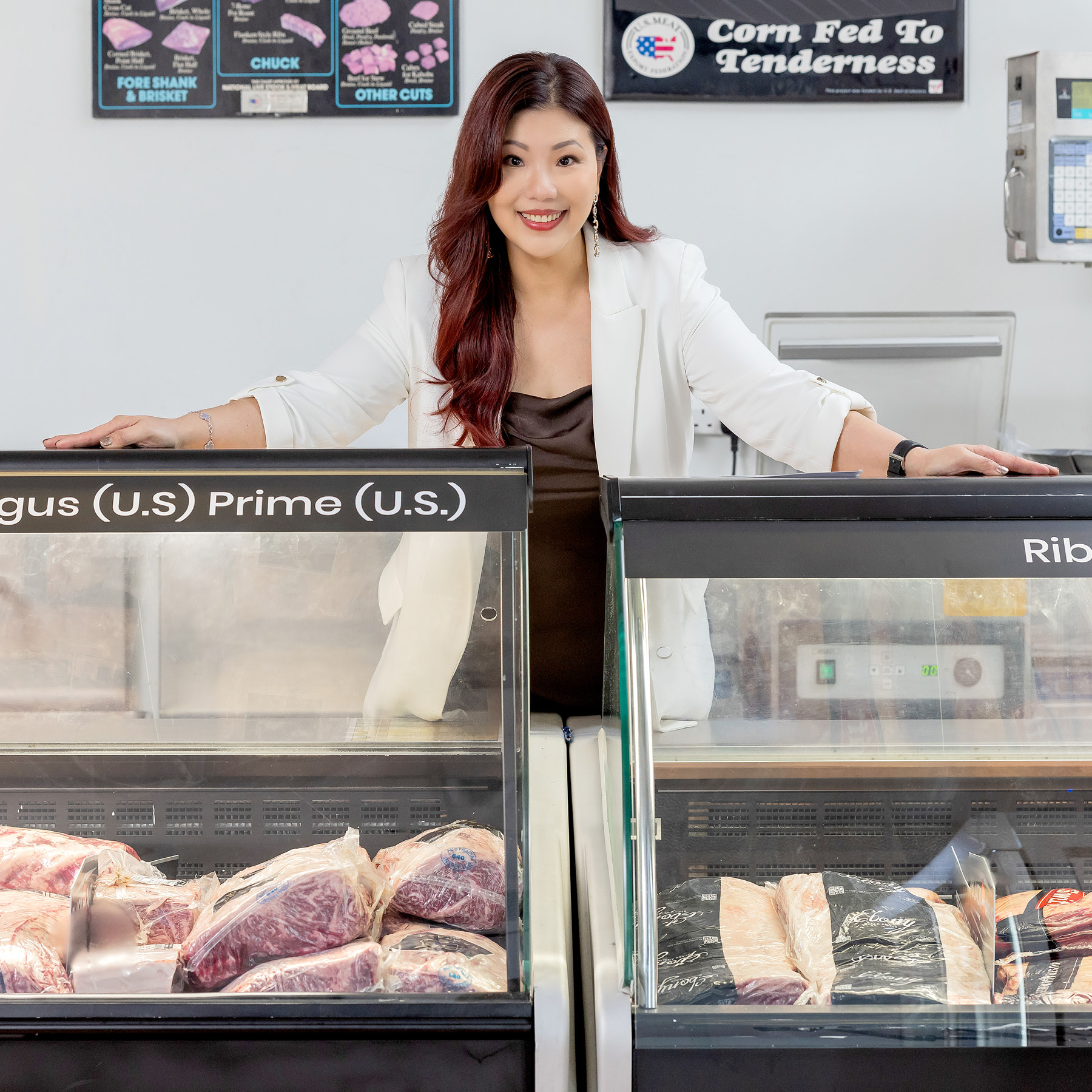
“We use business to build people, not the other way around.”
To this end, QB Food is hard at work on a digital transformation strategy that will help improve communication among its sales teams and bring greater value visibility to its partners.
“Jack Link’s, for example, has been with us for 20 years because we’re able to provide them with insights and understanding about where their brands are performing and with whom, as well as what consumers are saying about their products,” Ler says.
“Ultimately, in the short to medium-term, we want to cement our reputation as a reputable and advanced distribution house by driving all our offerings further.”
Flexibility Offering Opportunities
On paper it seems like a no-brainer, but Ler says there are many challenges QB Food faces along the way.
“The cost of buying overseas is easily affected by political crises,” she acknowledges.
“But instability forces us to improve our relationships with our partners and improve our own agility. You have to be prepared to be flexible, so we’re always working on getting our people ready and giving them a futureproof mindset.”
This strategy earned its keep when the COVID-19 pandemic hit Singapore.

Advertisement
“We weren’t really affected,” Ler says. “At least, not compared to the rest of the industry. We had a good mix of online, offline, food service and retail partners, so although our food service basic sales went to almost negative, retail sales were so good that they covered any losses.”
QB Food was also fast enough on its feet to adjust its strategies in order to boost online sales.
“Now we have a showroom where we offer customers walk-in accessibility and the chance to speak directly to the market,” she says. “Adaptability is key to our success.”
Sustainability Solutions
Beyond the short term, Ler says QB Food is focused on improving the cost efficiency of its operations.
“Supply chain costs are through the roof, and storage costs aren’t far behind,” she says.
“That’s the key challenge all suppliers are facing. We’re constantly looking into ways to be more efficient and effective.”
QB Food is also responding to consumer calls for greater sustainability in the industry. Ler says packaging is an area where the company can excel in terms of doing the right thing for the planet’s future.
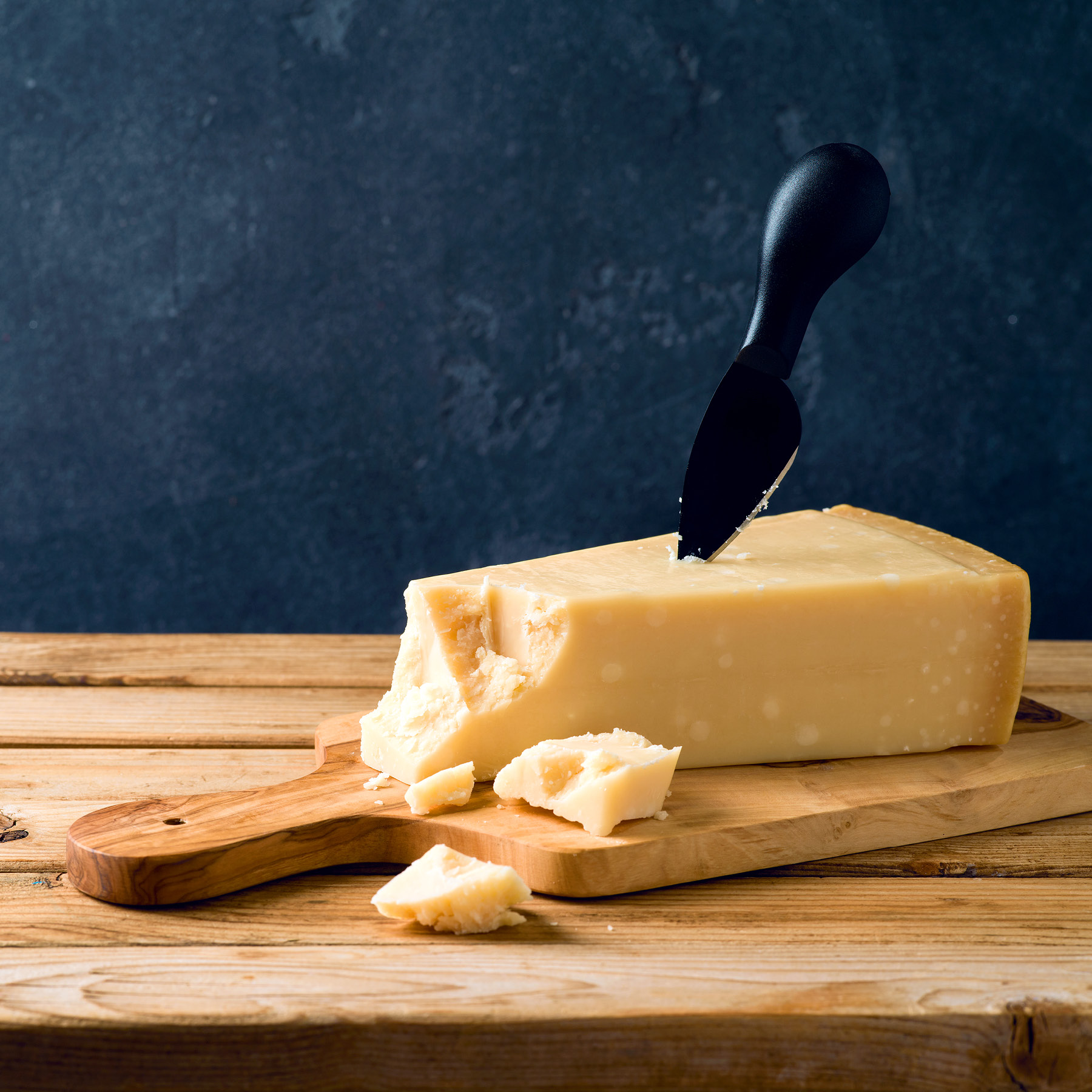
“Our Tradition brand cheeses are 100 percent natural, and not many cheese brands for sale in Singapore can say that.”
“We’re also signing with Singapore Power to have solar panels installed on our facilities,” she says. “Sustainability is a topic that’s reviewed monthly at our leadership meetings, and we’re always learning.”
Its acquisition by Johnsonville has given QB Food an edge over its competitors, in Ler’s opinion, thanks to the quality of the American products it now has access to.
“Johnsonville sausages are products you need to taste,” she says. “It’s the number one sausage in the United States for a reason; it’s very much a happy food. And it is also Singapore’s number one brand.”
But QB Food’s previous successes, shredded cheese in particular, have only gotten stronger as a result of the alliance.
“Our Tradition brand cheeses are 100 percent natural, and not many cheese brands for sale in Singapore can say that,” she says. “They’re good for consumers, and good for children.”
Strength in Partnerships
QB Food is also good for small brands hoping to tap into the Singapore market. “That’s another of our key strengths,” Ler says. “We can bring small brands to a bigger platform by utilizing the power of our market distribution efficiency.”
Typically, a small food brand in Singapore would have tremendous overheads involved in maintaining an office, hiring a sales force for delivery and other operational costs.
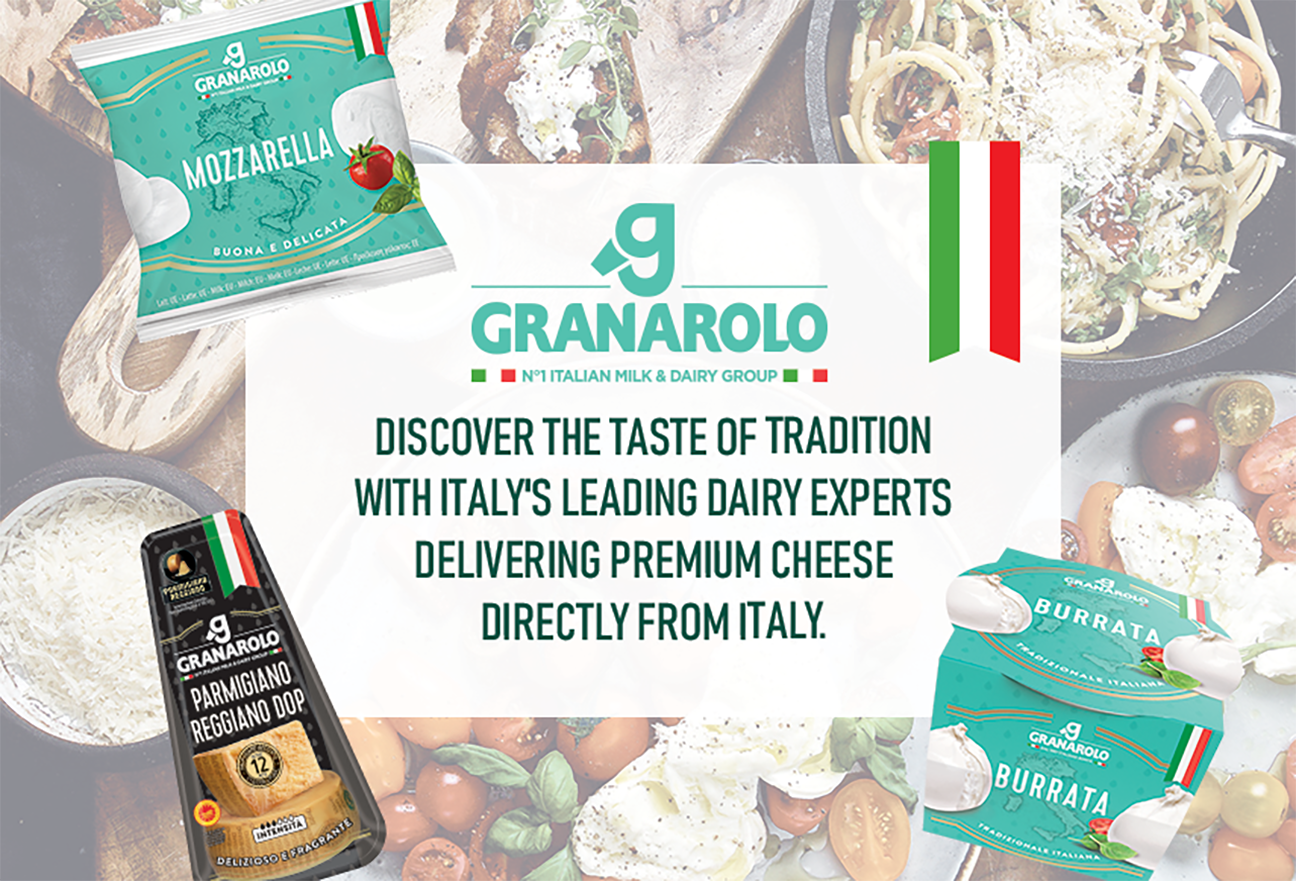
Advertisement
“And then local distributors are very sensitive and conscious about supplying data to outsiders.”
By joining the Johnsonville-QB Food family, this can be bypassed.
“They can enter the market with our understanding of the industry,” she says. “We readily share our information because we understand that the more we share, the more you understand the business. The more partnerships we have, the stronger the brand.”
The Importance of People
This is why QB Food partner brands tend to be in it for the long-term. It’s not unusual to find allies that have stuck with the business for decades versus a handful of years.
“That’s the kind of partnership we’re interested in,” she says.
“We bring them to stores. We show them the market. It’s a supportive environment. If our partners are successful and our consumers are successful, our retailers are successful. That’s our way of life.”
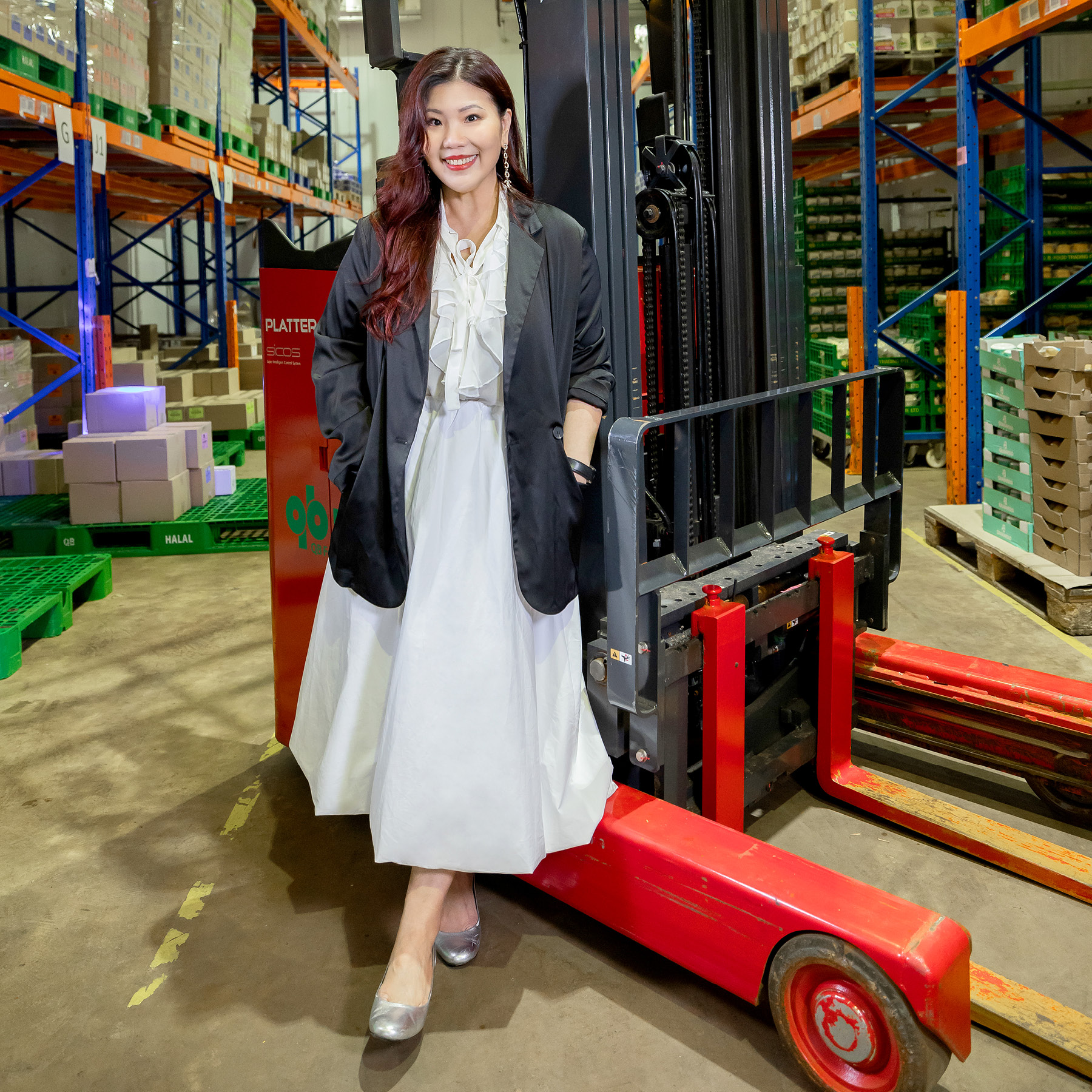
“People are important and we want to bring them on our journey, because people put us where we are today and they’ll take us to where we’ll be tomorrow.”
And it’s one that’s only made possible by the dedication and skill of QB Food’s people. “As our Johnsonville owner Ralph C Stayer says: ‘Other companies use their people to build a business. At Johnsonville, we use the business to build people,’” Ler explains.
“We don’t use the word employees; we call them members. We don’t have superiors, we have coaches. We want to grow natural talent. People are important and we want to bring them on our journey, because people put us where we are today and they’ll take us to where we’ll be tomorrow.”




